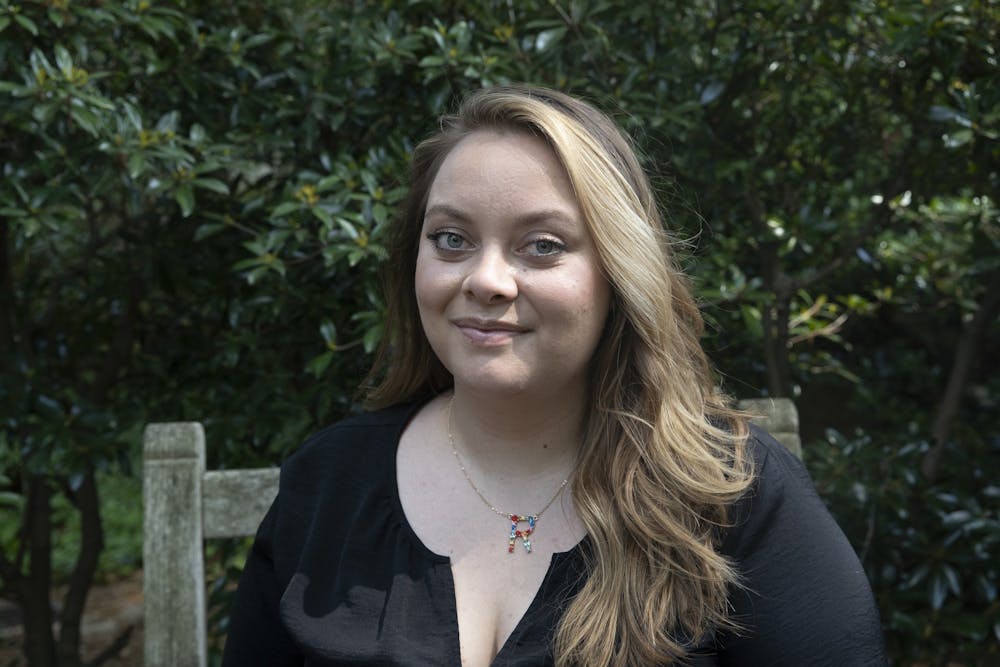Rachel Woodul was putting the final touches on her master’s thesis on pandemic research in March — the same week that the COVID-19 outbreak was announced.
Woodul is a third-year doctoral student in the department of geography at UNC. She specializes in disease modeling. Alongside her adviser, Paul Delamater, she focused her research on whether or not the country was prepared for the next pandemic — not knowing how applicable this research would soon become.
Woodul's master’s thesis, which she defended in April 2020, modeled the 1918 flu pandemic if it were to occur today. After COVID-19 began, she used her model to lay out the possible impact of the coronavirus.
“When I started working with Rachel she was interested in pandemics and disease models in health,” Delamater, an assistant professor of geography at UNC, said. “So, she kind of got me interested in the idea of a pandemic.”
In her research, Woodul found that there are clear connections between where people live, their ability to access healthcare and their likeliness of surviving a pandemic. Woodul found that those in lower socioeconomic classes are more vulnerable to mortality due to a lessened ability to access care.
“Spending three years thinking about pandemics and thinking through the implications, then seeing our country not enact the response plans I knew we had was like watching a train crash in slow motion,” she said.
As COVID-19 began to spread across the globe, Woodul quickly realized that her pandemic modeling and forecasting work would only be useful if the health care system could function in a crisis.
“My model assumed that we would have leadership that would take swift and decisive steps to protect the health of the public,” she said. “As we now know, that is a very privileged assumption.”
A week after defending her master’s thesis, Woodul began working with Delamater to help North Carolinians understand the impact of the pandemic. With the help of a grant, they adapted her original model into a more complex and interactive format that tracks cases and vaccinations in North Carolina.




